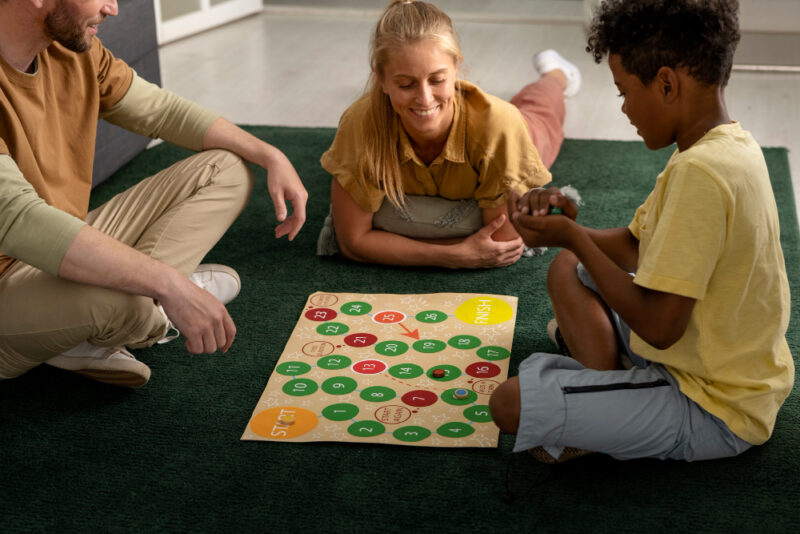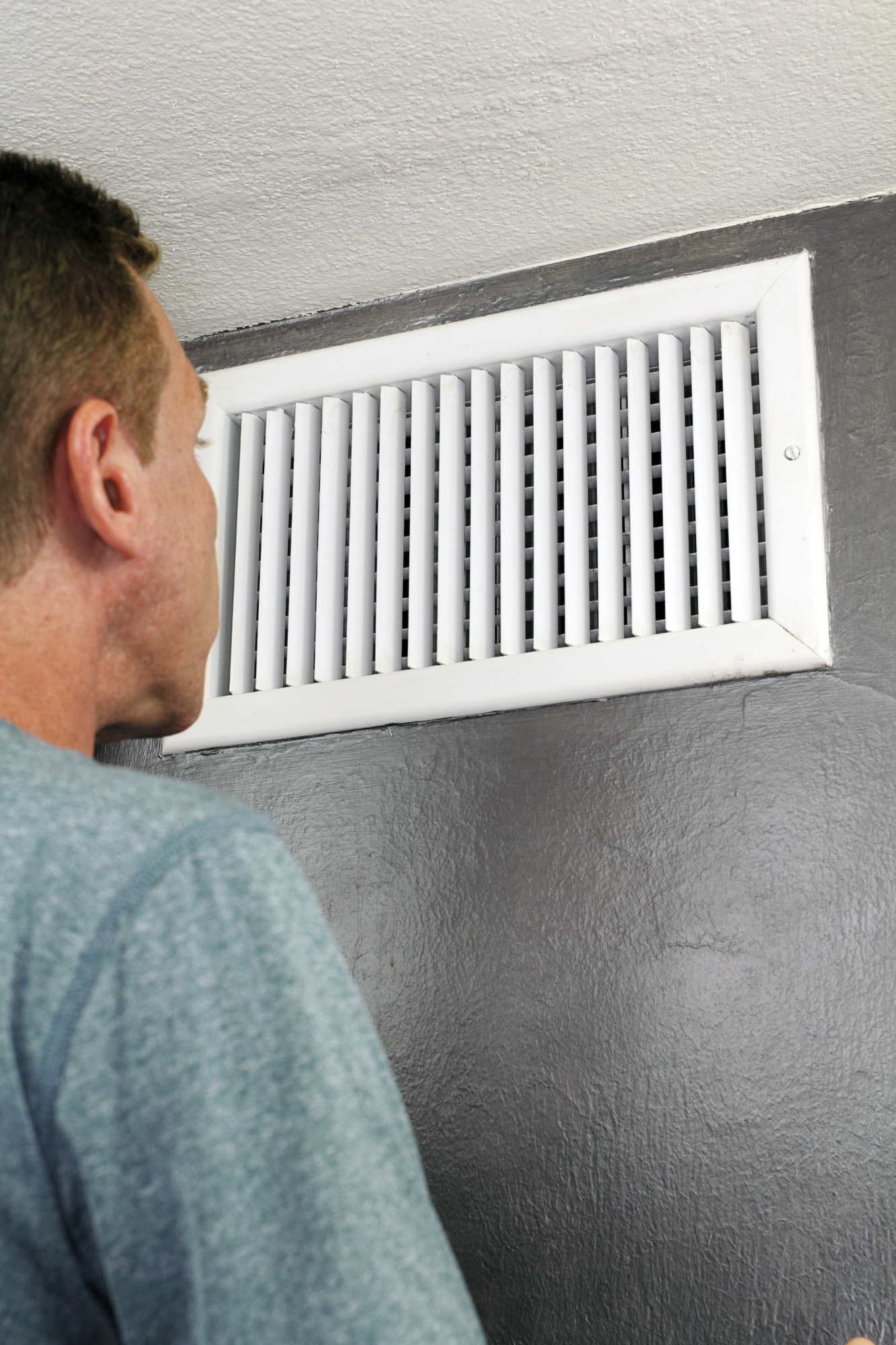Have you ever known an older person who struggles to remember things? Do you wonder why their brain health declines with age? Maintaining cognitive health is vital at any age. As we get older, actively working to boost brain power becomes more important. The good news is that it’s never too late to improve one’s thinking abilities. But how can seniors keep their minds sharp?
This article explores the science behind lifelong brain fitness and practical tips to elevate mental health as we age. Let’s start by thinking about 85-year-old Shirley, who has trouble recalling recent events and following conversations. What types of mental exercises can help strengthen her memory and cognitive skills? We’ll learn that techniques like learning new skills, socializing, and doing brain puzzles can help our brains stay nimble.
The Science of Cognitive Fitness
Understanding the Importance of Cognitive Health
Keeping our brains sharp is key to overall health and happiness. Main thinking skills like memory, focus, critical thinking, and problem-solving allow us to take care of ourselves and enjoy life. Studies show that seniors who keep their minds active can lower their risk of dementia. It comes down to using it or losing it – The more older adults exercise their brains, the longer they remain independent. So challenging our minds is crucial as we age. Prioritizing cognitive fitness is an investment in a brighter future.
The Brain’s Neuroplasticity: A Key to Lifelong Learning
The human brain has an amazing ability to rewire itself and form new connections as we age. This is called neuroplasticity. Just like working out builds stronger muscles, mental workouts boost thinking skills and brain health. Seniors can tap into the brain’s flexibility by doing engaging activities, games, puzzles, and learning new things. Participating in cognitive exercises under the guidance of senior primary care physicians enhances seniors’ thinking skills. This investment in mental well-being not only reduces the risk of dementia but also promotes lasting independence.
Memory-Boosting Activities
Mnemonic Techniques for Enhanced Recall
Studies show handy tricks like acronyms and making pictures in your mind can help seniors improve recall. By making words or images connect with the information, it moves from short-term to long-term memory storage. Good examples are remembering someone’s name by linking it to a celebrity or place that starts with the same letter or picturing numbers on things you need to recall. Use these tricks, called mnemonics, in daily life for a simple yet powerful memory boost. When we put mnemonics to work for us, we invest in brighter futures.
Memory Games and Challenges
Studies show seniors who regularly play fun memory games like cards and board games have a 26% lower risk of thinking problems as they age. These engaging activities exercise the brain’s ability to remember. Match card pairs, spot missing dominoes, arrange mixed-up pictures – enjoyable workouts that keep the brain nimble. Aim for 30 minutes of play per day to keep your mind sharp. When we challenge our brains, we invest in brighter futures.
Problem-Solving Puzzles
Crossword Puzzles: A Mental Gym
Crosswords are hugely popular worldwide, and research shows doing them can lower dementia risk by 47%. Figuring out clues engages brain areas for thinking, language, and memory. Building vocabulary and knowledge also strengthens the mind. Discover this addictive mental gym.
Sudoku: Numbers, Logic and Cognitive Agility
Studies reveal Sudoku significantly boosts concentration, processing speed, and logical thinking in seniors. These easy-to-learn number puzzles require only brainpower. What better way to challenge cognition? When we exercise our minds, we invest in brighter futures.
Strategic Games for Cognitive Enhancement
Chess: The Timeless Strategy Game
Chess has challenged minds for 600 years. Building strategic skills can strengthen memory, problem-solving, and flexible thinking. For older players, regular chess delivers impressive cognitive gains – including 15% better memory. Predicting moves, analyzing changing boards, careful decisions – chess develops transferrable skills. An engaging way to boost cognition as we age.
Strategy Video Games
Once seen as mindless kid fun, video games now captivate all ages by testing our brains. New research on seniors shows fast action video games 30 minutes a day notably improved focus, memory, quick thinking, and processing ability. Counterintuitively, these highly stimulating games sharpen key cognitive skills. Adopting gaming tech later in life has surprising brain benefits. When we challenge our minds, we invest in brighter futures.
Multitasking Challenges
Simultaneous Brain Exercises
Activities requiring divided attention build key skills like cognitive flexibility – the ability to switch mental gears quickly. Dual-task training improves multitasking skills and processing efficiency. Good examples are gardening while memorizing a poem, learning a new card game with the radio on, or starting a puzzle mid-Sudoku. Try alternating between two brain challenges. Strengthening adaptive thinking brings real benefits for staying independent as we age.
Walking While Memorizing
Research shows combining exercise with a mental challenge has big benefits. In one study, seniors who memorized information while walking 15 minutes improved memory over 15% more than those sitting. Physical fitness increased too. This promising “dual-task training” helps memory despite age-related decline. Staying physically and mentally active – a winning combo! When we challenge our bodies and brains, we invest in brighter futures.
Final Thoughts
Keeping our minds sharp continues through every phase of life as a senior. An active, engaged brain, repeatedly challenged through new learning and regular exercise, builds resilience – helping fight normal mental decline from aging. Protect your future by training your brain now. Are you ready to achieve new breakthroughs in brain fitness? Let the mental adventures and games begin! By pushing our minds to keep learning and trying new things, we invest in happier and healthier futures.
Frequently Asked Questions
- Can brain games really improve thinking skills in older adults?
Absolutely. Lots of research now shows activities that you might think can boost performance. One study had seniors use brain workout software for 30 minutes each day for 8 weeks. Their memory and focus got much better compared to others who didn’t use the software. Just like exercise builds stronger muscles, mental exercise builds a healthier brain.
- How often should older adults do brain games?
Many studies show good gains from 30 minutes a day of mental activity. A neurology review found that 1 hour most days gives ideal protection against mental decline. Consistency also matters – take regular brain breaks to stop declining over time. Make mental workouts part of your daily routine.
- Are some brain games designed for seniors with dementia?
Yes. While many games benefit healthy brains, specially-made activities engage seniors experiencing mental changes from dementia. They tap into procedural memory, which stays better preserved. Games incorporate music, art, movement, trivia, and apps to sustain interest. Asking healthcare providers ensures an appropriate challenge level.










